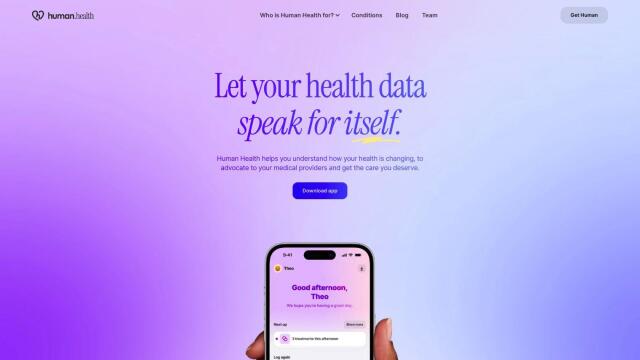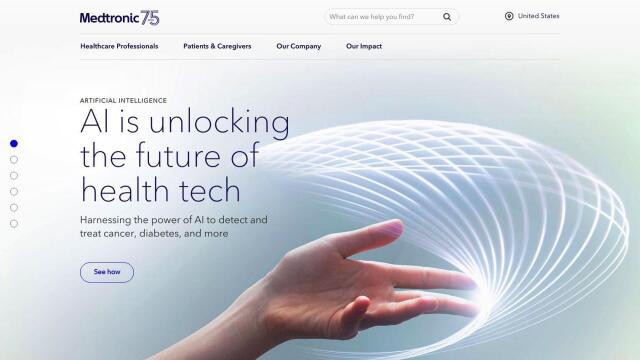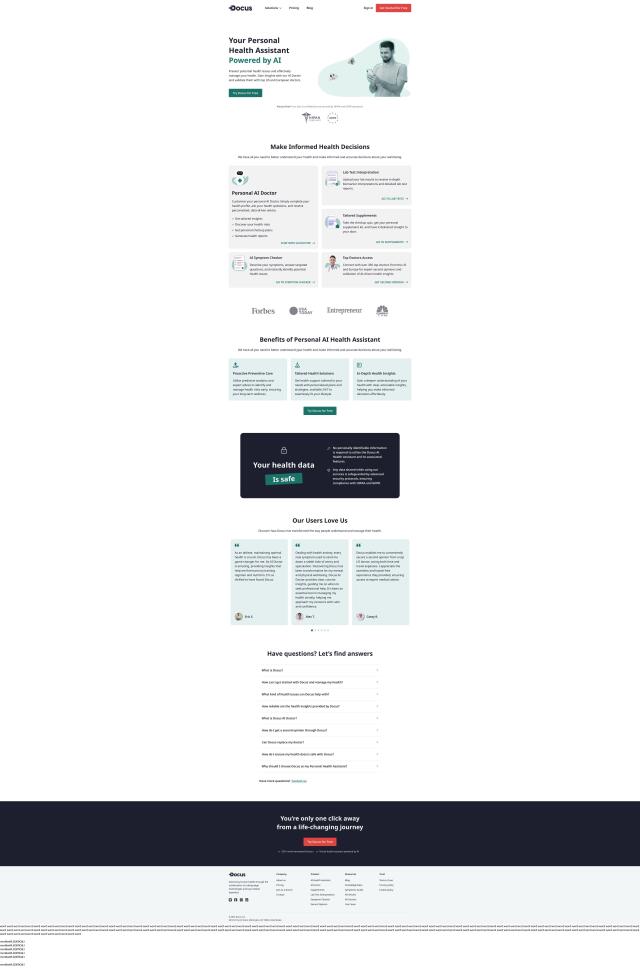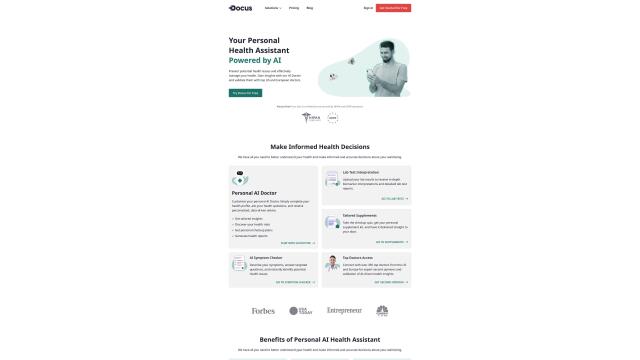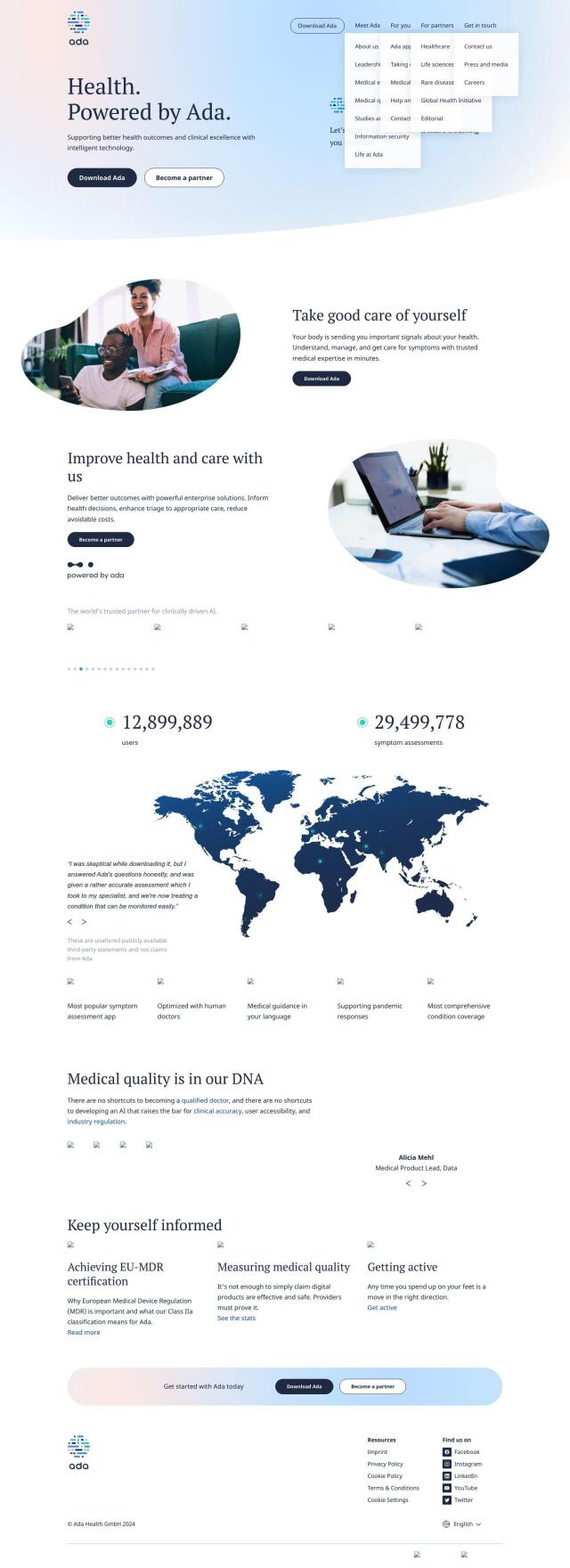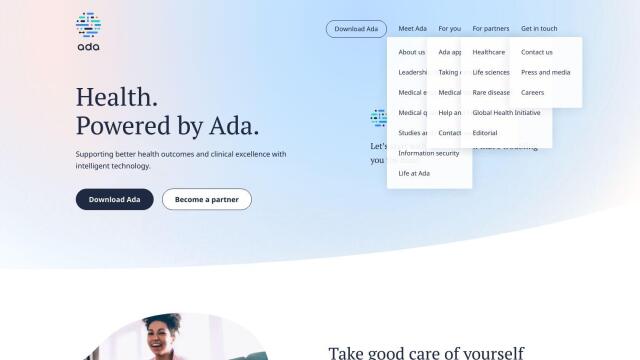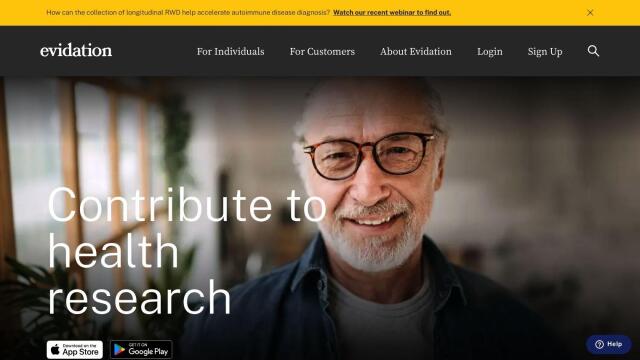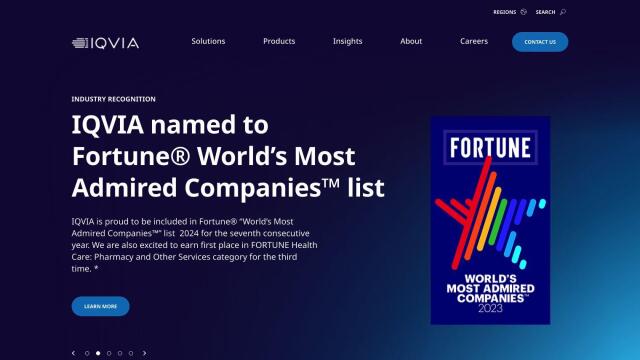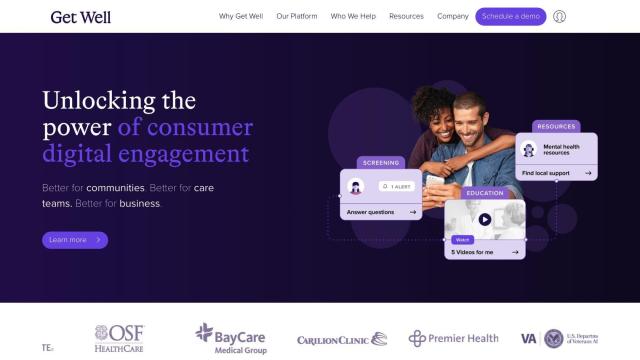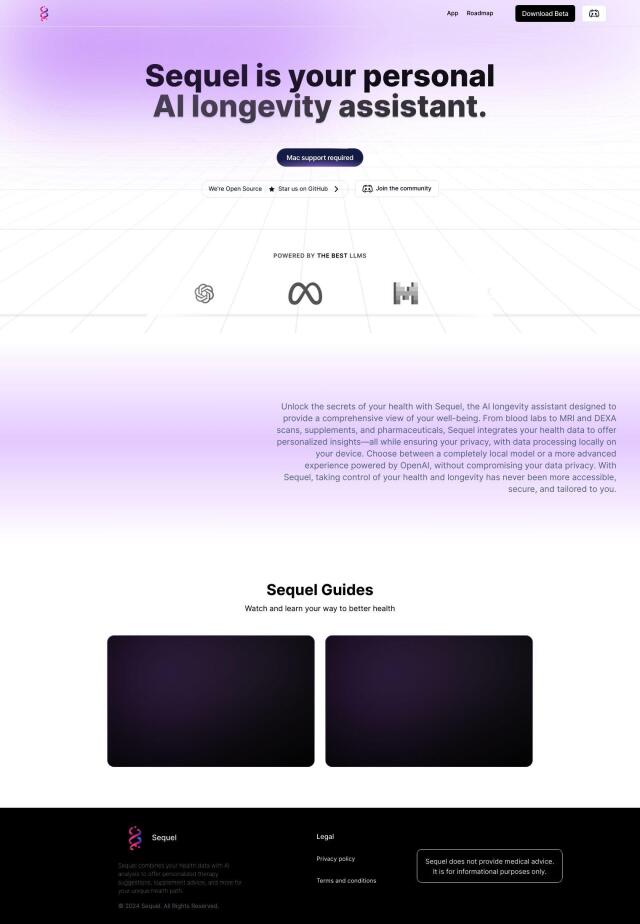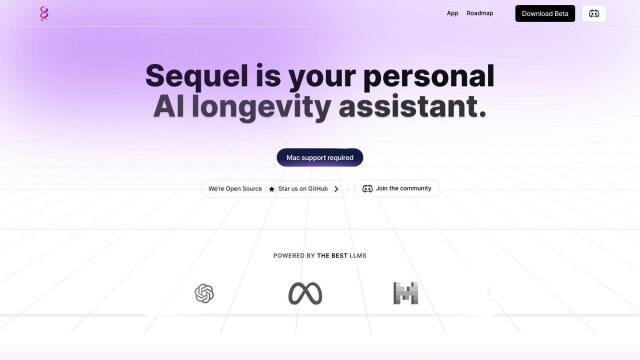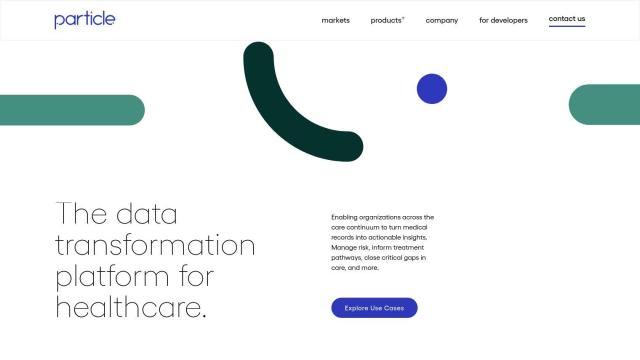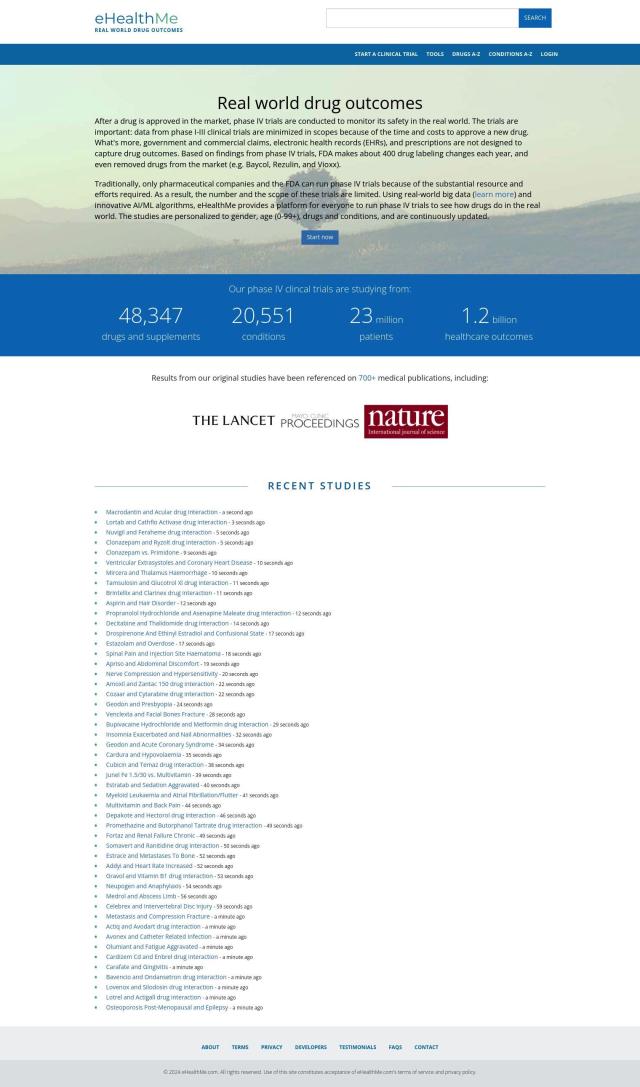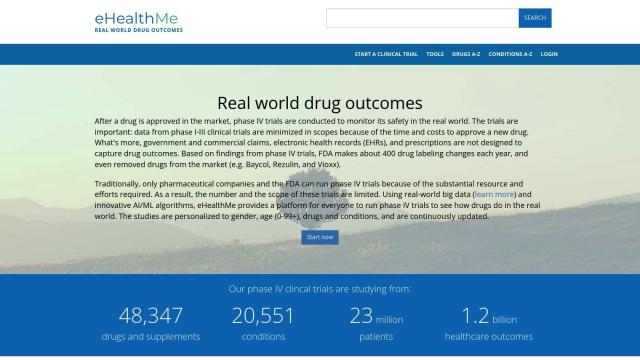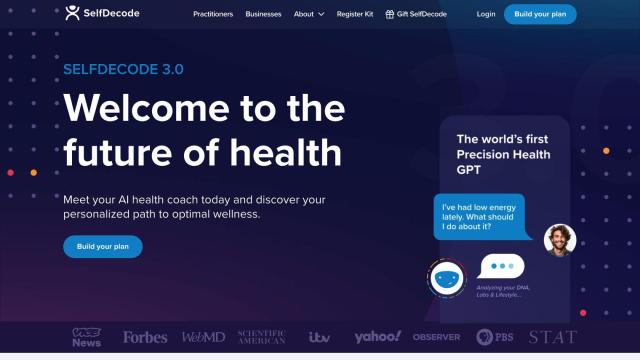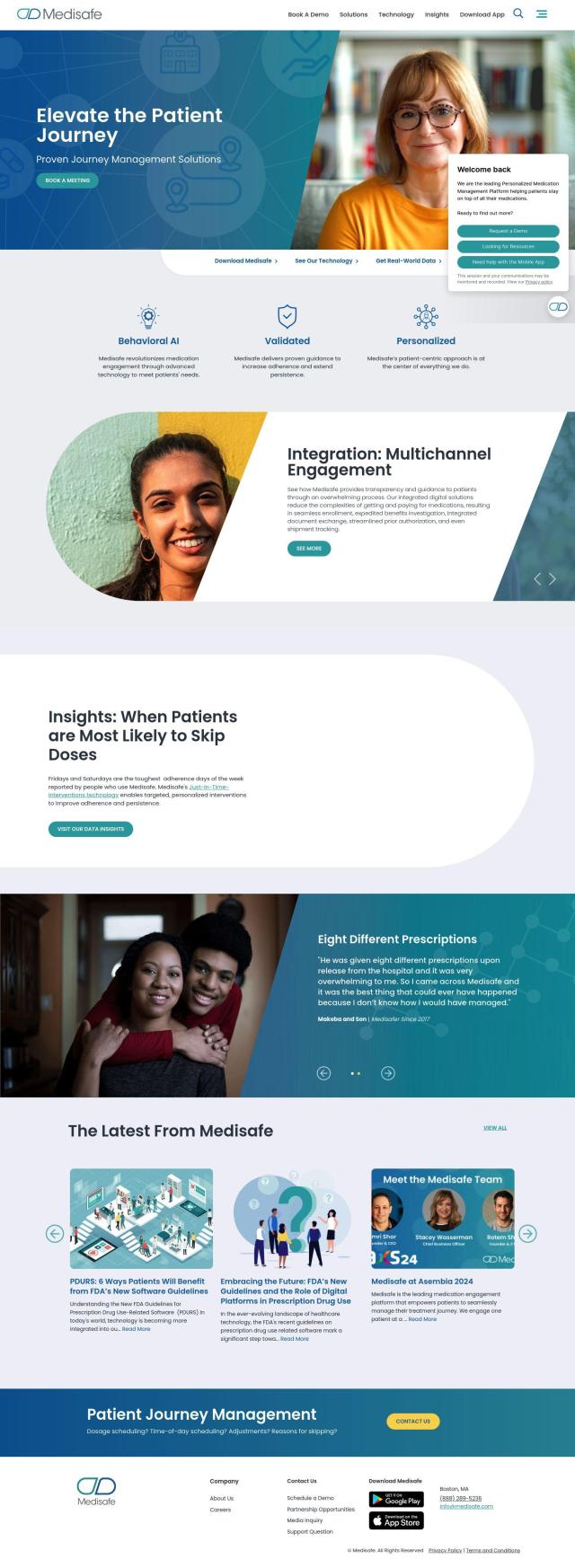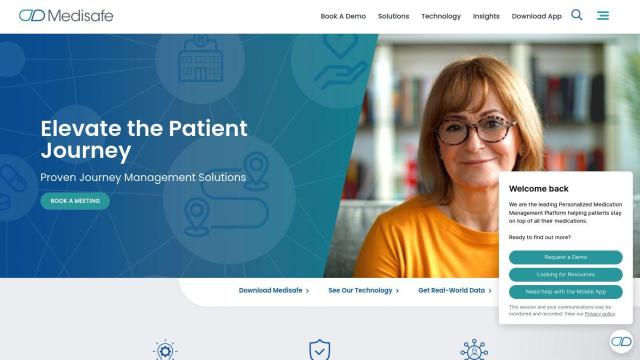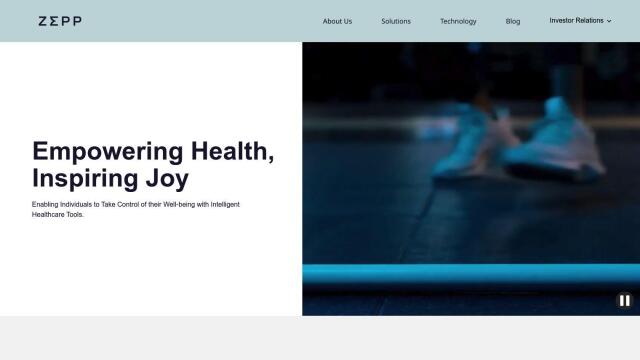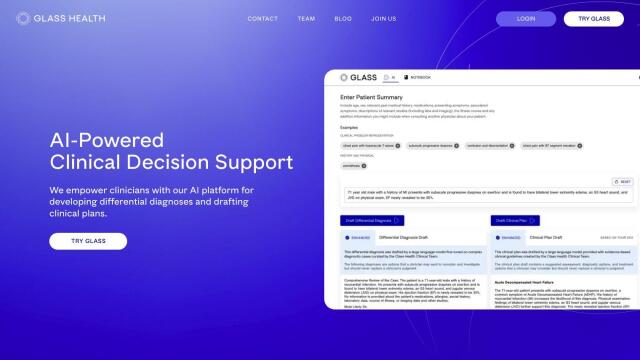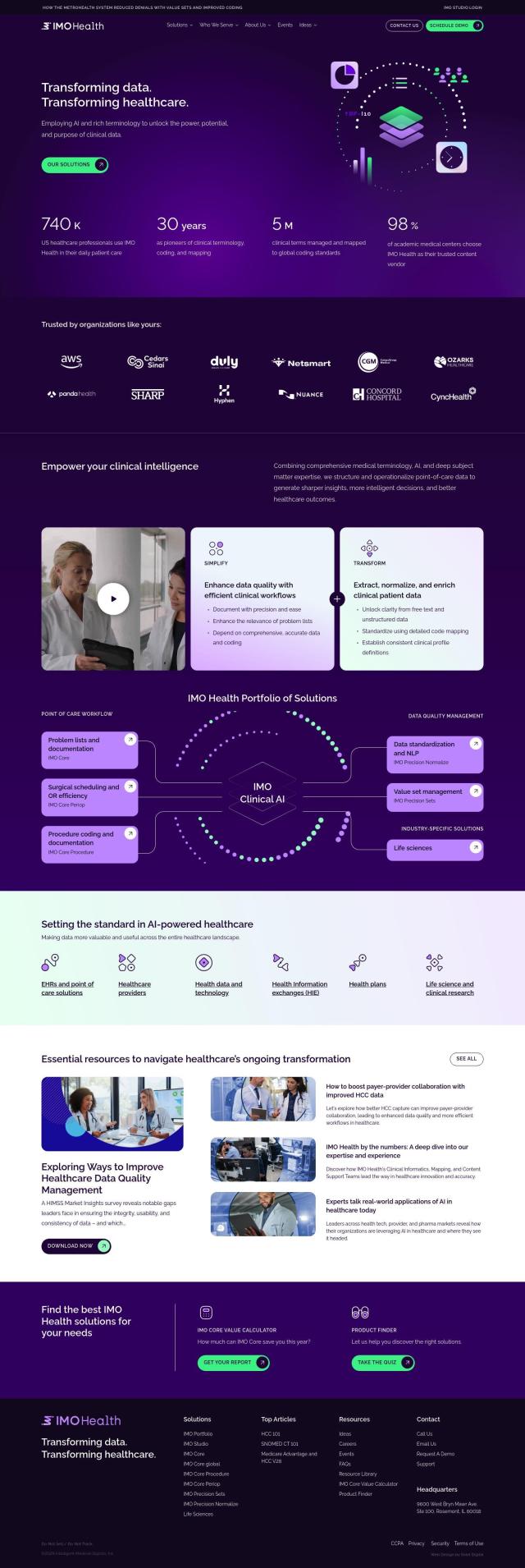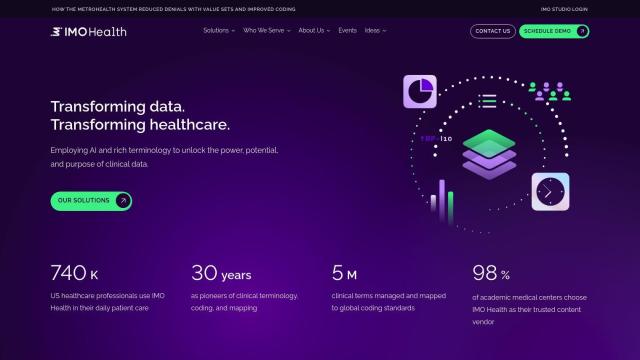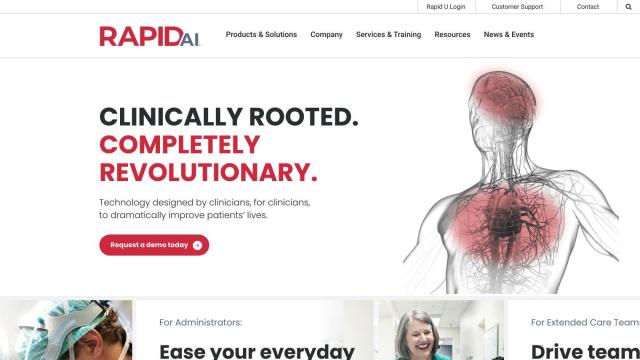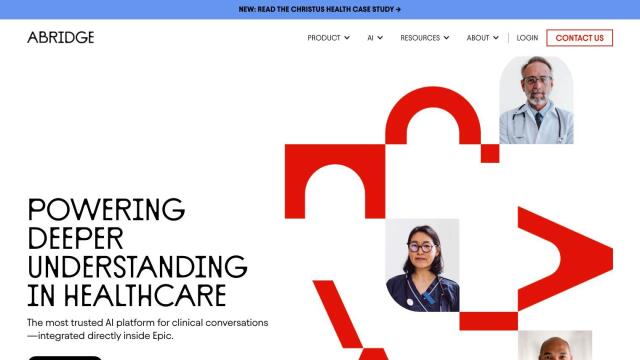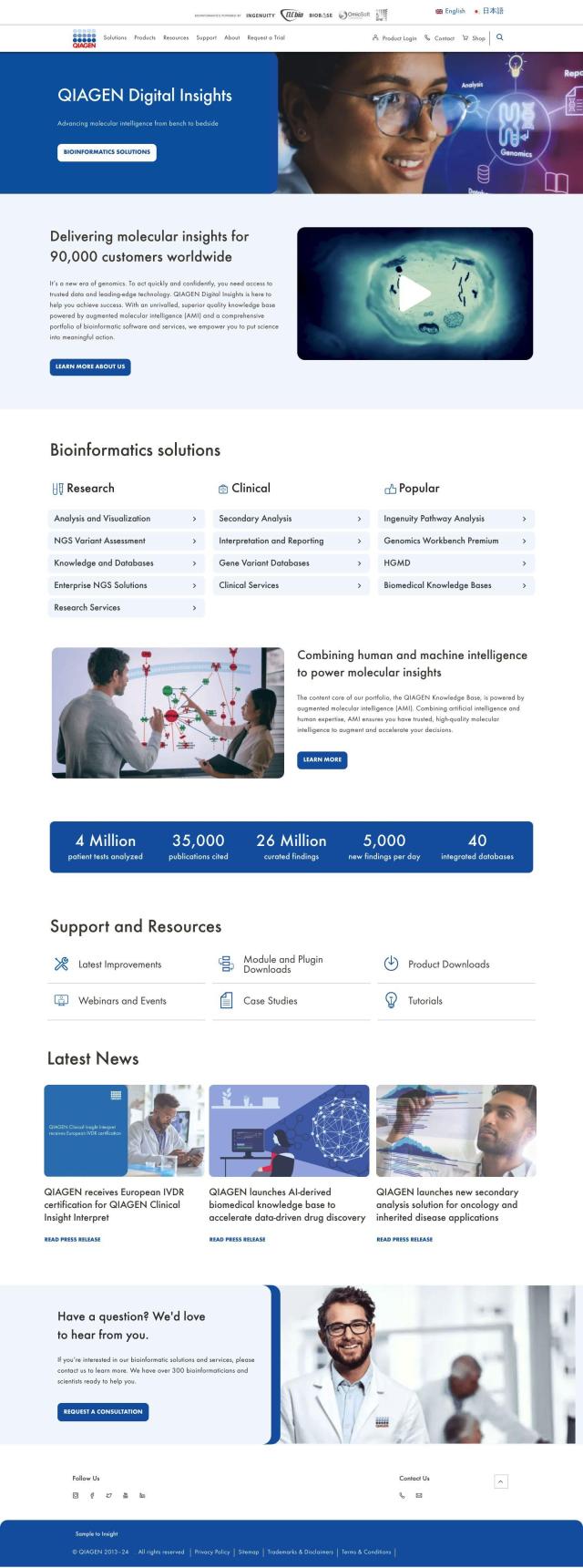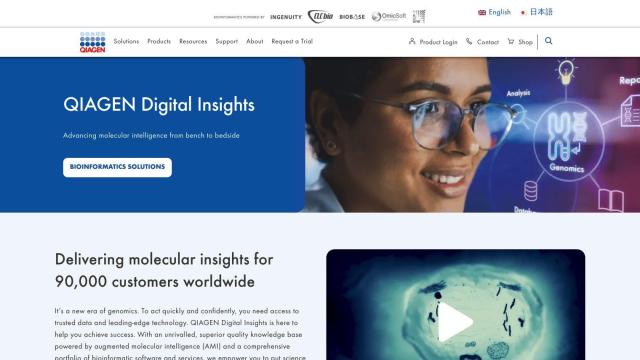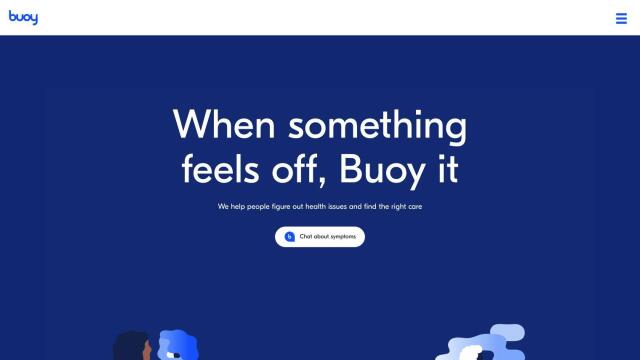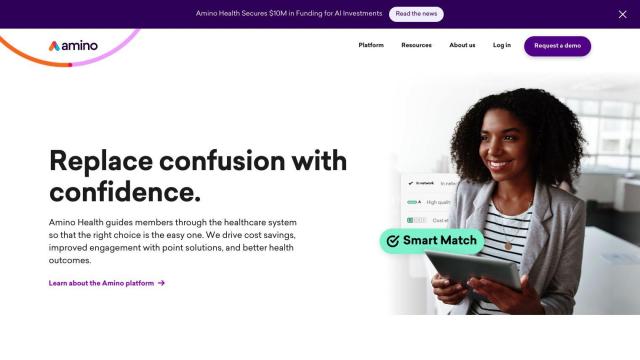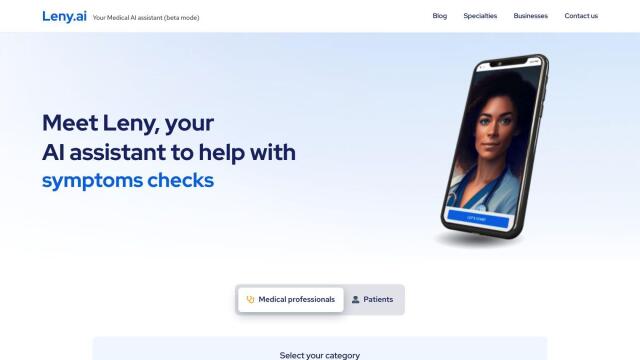Question: Is there a tool that uses big data and AI to analyze health outcomes and provide personalized insights for patients?

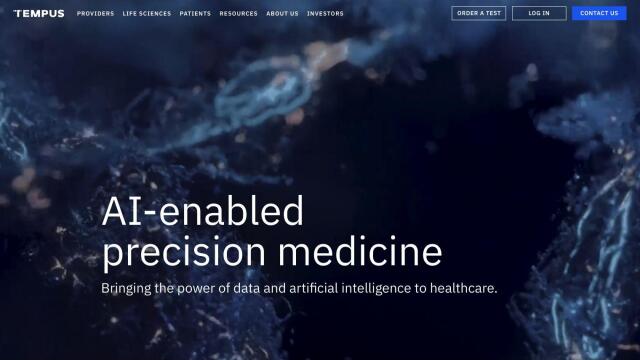
Tempus
One is Tempus, an AI-powered precision medicine platform that offers insights to help improve cancer treatment. It includes a clinical assistant, care gap identifier and multimodal real-world data analysis tool. Tempus helps doctors make better treatment decisions and pharmaceutical companies develop drugs, and offers patients personalized therapy. Its scientific validation through publications in Nature Biotechnology and Pan-cancer Organoid Platform for Precision Medicine shows its potential to expand personalized therapeutic options and predict patient-specific drug responses.
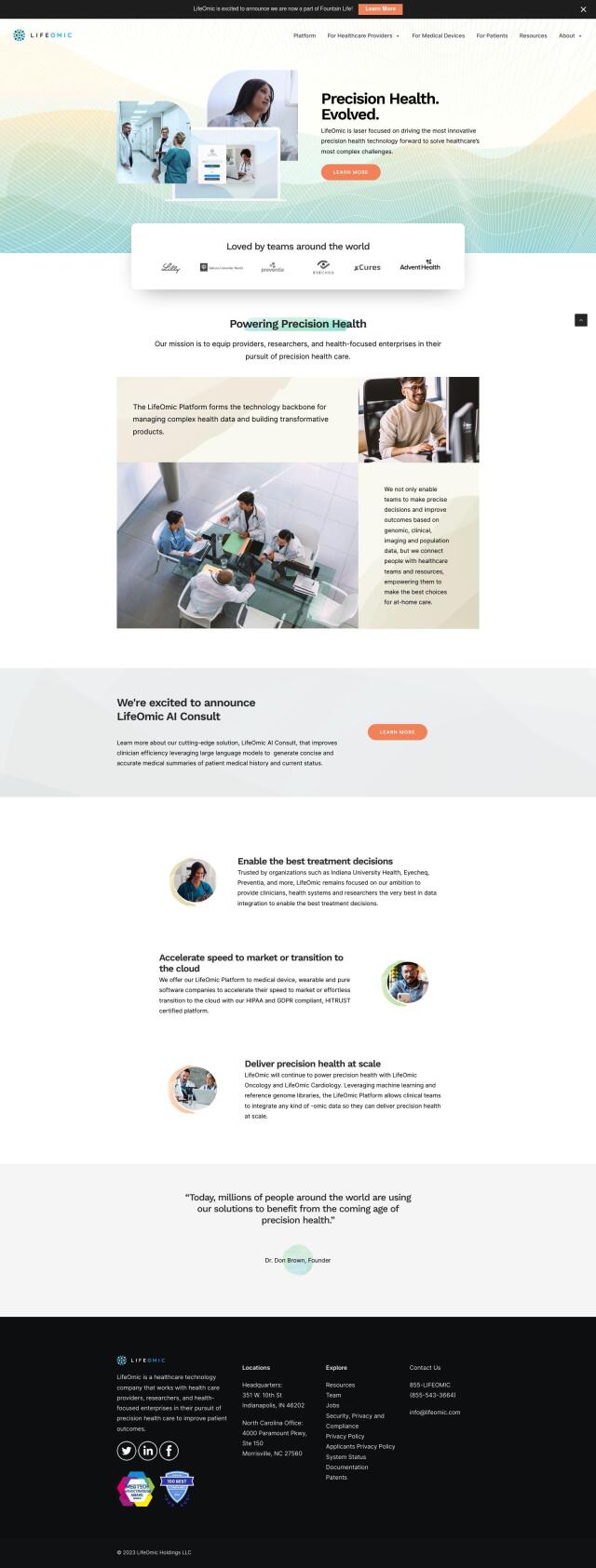
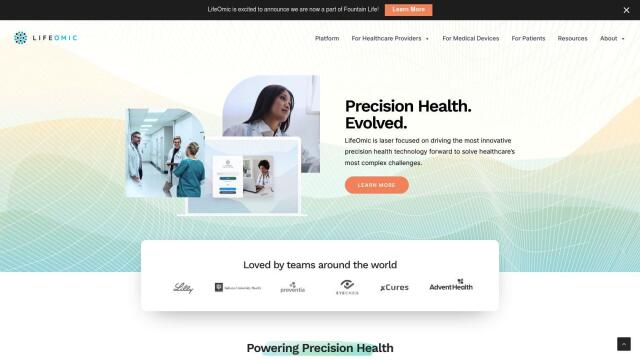
LifeOmic
Another good option is LifeOmic, which combines genomic, clinical, imaging and population data to help healthcare providers improve patient outcomes. The platform includes LifeOmic AI Consult for summarizing medical information, LifeOmic Oncology and Cardiology for precision health, and PrecisionOCR for extracting and categorizing unstructured documents. It also offers a mobile app for custom care pathways and health plan adherence, making it a good option for healthcare providers, researchers and health-focused businesses.

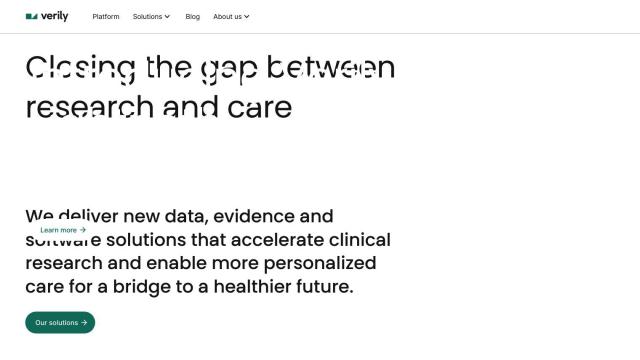
Verily
Verily is another precision health company that speeds clinical research and personalized care with AI, data science and cloud-based analytics. Its services include Onduo for virtual care management and Viewpoint for clinical research. Verily's platform links research and care to make health care more efficient, personalized and accessible, though it doesn't reveal pricing.

